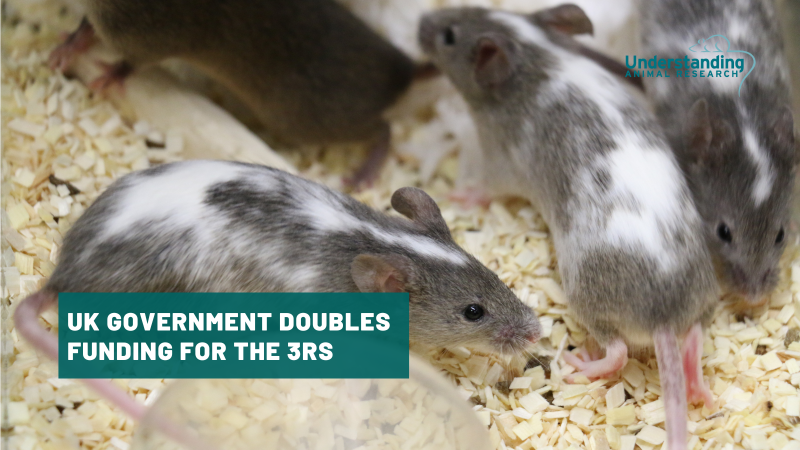Text to go here...
 Smoking or drinking while pregnant can damage the unborn child. Toxic chemicals such as alcohol, nicotine and carbon monoxide enter the mother's bloodstream and then pass through the umbilical cord to the growing baby. But less obvious are the effects of the mother's lifestyle choices on a baby before it is even conceived.
Smoking or drinking while pregnant can damage the unborn child. Toxic chemicals such as alcohol, nicotine and carbon monoxide enter the mother's bloodstream and then pass through the umbilical cord to the growing baby. But less obvious are the effects of the mother's lifestyle choices on a baby before it is even conceived.
The first suggestions that environmental factors can influence the health of future children came in the 1960s from experiments giving morphine to pregnant rats. As expected, rats given morphine while pregnant were more likely to produce abnormal offspring. What was surprising, however, was the damaging effect of morphine on offspring not even conceived at the time. Even the rats' grandchildren were underweight and suffered from abnormal development.
The mysterious influence of environmental factors on future children led researchers to consider whether a similar effect would be found not just in the mother, but also the father. To their surprise, the researchers found that giving morphine to male mice also resulted in offspring with abnormalities. Similar results were found in experiments giving chemotherapy medicines to male rodents. While the rodent sperm could still fertilize eggs, the pregnancy would often result in miscarriage or the rodent babies would be slow developers. The chemotherapy medicines were causing long term harm to the rodent sperm.
The findings in rodents mirror those in human studies. Men who are exposed to heavy metals, pesticides and other chemicals in their workplace are more likely to father children with birth defects or childhood cancer. A significant amount of research now demonstrates that a father's environment influences the health of his future children.
Smoking, drinking and even caffeine are now linked to abnormal childhood development.But how does this happen? The most direct influence results from genetic mutations in the DNA sequence of sperm, which are subsequently passed onto offspring. More subtle are changes in the chemistry of the DNA, where changes happen to the chemical groups attached to the DNA, known as epigenetic changes.
Epigenetic effects are accumulative and so finding a direct connection between any one chemical and a disease is difficult. Our epigenome is influenced by the circumstances of our grandparents and parents and in turn our lifestyle will impact on our children and grandchildren.
So far, there is no clear advice about how we can live to reduce health risks to the next generation, but no doubt in another decade or so it won't just be cigarettes and alcohol that are on the banned list.
Read more in the Bad Daddy Factor
Last edited: 11 January 2022 10:49




